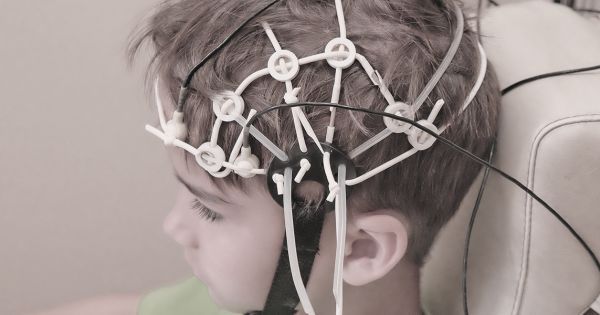Many have asked me what does this DARPA announcement on their project (RadioBio) mean. Well, imagine a world in the next 10 to 15 years where you no longer need any devices (no smartphone, no AR contacts, no smartwatch, no wearables, no external BMIs or invasive implants, etc.) of any kind as Quantum Bio technology uses (in DARPA’s case) connected cell technology to connect people to people and information online (private and publically available. This approach is the least invasive method of turning cells into connected technology.
Military will mean no more lugging of devices and certain types of equipment around on the battlefield plus lower risk of stolen intelligence as no device or equipment left behind or stolen.
What does it mean to consumers? Means no more losing phones and other devices as well as broken down equipment be replaced every 2years and no more insurance and extra-warranty payments for devices; and no more devices stolen with your information on it. And, it means my doctors and body (AI and non-AI methods) can monitor my health and activate pain relief, etc. through biosystem treatments such as pain can be suppressed via the readings or before the pain is felt. It also empowers the immune system to proactively prevent diseases as the biosystem technology will monitor and treat as needed.










